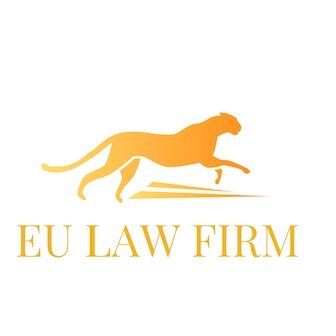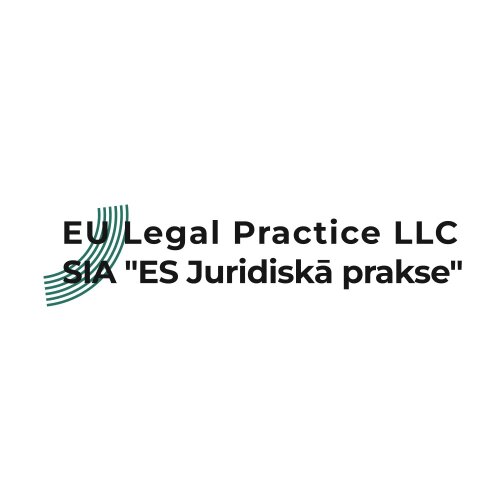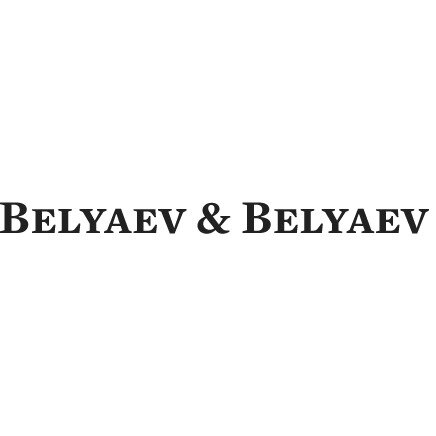Best Art & Cultural Property Law Lawyers in Riga
Share your needs with us, get contacted by law firms.
Free. Takes 2 min.
List of the best lawyers in Riga, Latvia
About Art & Cultural Property Law in Riga, Latvia
Art & Cultural Property Law in Riga, Latvia, deals with legal issues concerning the protection, ownership, and transfer of artworks and cultural properties. This includes all tangible and intangible heritage that is significant to national history and culture. Due to Latvia's rich historical context and its abundance of culturally important artifacts and artistic works, the law is designed to safeguard these properties for present and future generations. The legal framework encompasses both national and international standards, such as UNESCO conventions, to ensure comprehensive protection and restitution measures.
Why You May Need a Lawyer
There are numerous reasons why individuals or institutions might require legal assistance in Art & Cultural Property Law in Riga:
- Disputes Over Ownership: Conflicts may arise regarding the rightful ownership of artworks or cultural artifacts, often necessitating expert legal intervention.
- Restitution Claims: As Latvia addresses historical injustices, claims for the restitution of property looted during past conflicts are becoming more common.
- Import/Export Regulations: Navigating Latvia's strict laws on the export or import of cultural goods can be challenging without legal advice.
- Art Transactions: Sales, donations, or bequests of art need to comply with legal requirements to ensure titles are transferred correctly and legally.
- Fraud and Forgery Cases: Instances of art fraud or forgery require immediate legal action to protect the interests of legitimate owners and buyers.
Local Laws Overview
Several key aspects of Latvian law are pertinent to Art & Cultural Property Law:
- National Heritage Protection Act: This law regulates the preservation, protection, and promotion of national cultural heritage, detailing the responsibilities of owners and the state.
- Cultural Monument Protection: Legislation ensures that cultural monuments and their surroundings are preserved and protected from unauthorized alterations.
- Export Regulations: Specific permits are required to export cultural property, protecting items of significant cultural value from leaving the country.
- Restoration and Conservation Standards: Laws dictate official standards for the restoration, conservation, and documentation of cultural properties.
- Intellectual Property Rights: Laws governing copyrights are relevant in scenarios involving reproductions, public displays, or sales of artworks.
Frequently Asked Questions
What is considered cultural property in Latvia?
Cultural property typically includes items of historical or artistic significance, including archaeological sites, artworks, literature, and architectural designs, recognized by the national heritage registry.
Can I freely sell an artwork classified as a national treasure?
Selling such items often requires special permissions and involves adhering to strict legal regulations to ensure they remain protected under national jurisdiction.
What steps do I need to take for the legal acquisition of art?
You should ensure due diligence is conducted for provenance and title checks, and potentially involve a lawyer to verify compliance with legal requirements.
How are disputes over art ownership typically resolved?
These disputes can be complex, often involving legal proceedings or negotiations. Arbitration or mediation may also be used as alternative dispute resolution methods.
Are there legal protections for contemporary artworks in Latvia?
Yes, contemporary artworks are protected under intellectual property rights and can also be classified under cultural heritage laws if they meet certain criteria.
What are the penalties for illegal exports of cultural property?
Penalties can include significant fines and legal actions, and, in severe cases, imprisonment, especially for items of high cultural significance.
How does Latvia address restitution claims for looted art?
Latvia follows both national and international frameworks to address restitution claims, often involving extensive historical research and legal adjudication.
Is insurance mandatory for cultural property exhibitions?
While not mandatory, insurance is strongly advised to protect against potential damage or loss during exhibitions.
How are art forgery cases handled legally?
Forgery cases involve rigorous legal investigations and forensic evaluations, potentially leading to criminal charges against perpetrators.
What role do international laws play in Latvia's cultural property law?
International conventions, such as the UNESCO Convention, play a significant role, particularly in cross-border matters related to import, export, and restitution of cultural property.
Additional Resources
For further assistance, consider reaching out to the following resources:
- State Inspection for Heritage Protection: The government body responsible for overseeing the preservation of cultural heritage in Latvia.
- Latvian National Museum of Art: A resource for understanding the cultural context and legal considerations related to artworks.
- Latvian Bar Association: For finding specialized lawyers in Art & Cultural Property Law.
- UNESCO National Commission of Latvia: An important resource for understanding and navigating international cultural property laws.
Next Steps
If you need legal assistance in Art & Cultural Property Law, start by gathering all relevant information and documents regarding your situation. Contact a qualified lawyer who specializes in this field to discuss your case. It may be helpful to reach out to the Latvian Bar Association or other relevant organizations to find a specialist. Consider attending informational sessions or workshops that focus on cultural property laws to better understand your legal standing and options.
Lawzana helps you find the best lawyers and law firms in Riga through a curated and pre-screened list of qualified legal professionals. Our platform offers rankings and detailed profiles of attorneys and law firms, allowing you to compare based on practice areas, including Art & Cultural Property Law, experience, and client feedback.
Each profile includes a description of the firm's areas of practice, client reviews, team members and partners, year of establishment, spoken languages, office locations, contact information, social media presence, and any published articles or resources. Most firms on our platform speak English and are experienced in both local and international legal matters.
Get a quote from top-rated law firms in Riga, Latvia — quickly, securely, and without unnecessary hassle.
Disclaimer:
The information provided on this page is for general informational purposes only and does not constitute legal advice. While we strive to ensure the accuracy and relevance of the content, legal information may change over time, and interpretations of the law can vary. You should always consult with a qualified legal professional for advice specific to your situation.
We disclaim all liability for actions taken or not taken based on the content of this page. If you believe any information is incorrect or outdated, please contact us, and we will review and update it where appropriate.












